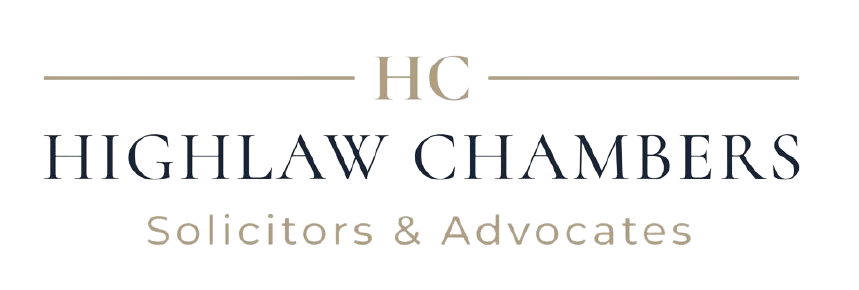A Guide to Trademark Registration in Nigeria
In the world of commerce, a distinct symbol acts as a beacon, guiding customers to the source of quality goods and services they trust. This symbol, known as a trademark, is the foundation of brand’s identity and a powerful tool for businesses.
The Essence of a Trademark
A trademark can come in many forms, from a catchy slogan to a recognizable logo. It serves as a unique identifier, setting a business’s offerings apart from the crowd. This distinction is crucial for building brand recognition and fostering customer loyalty.
The Nigerian Advantage: Online Trademark Filing
Fortunately, registering a trademark in Nigeria has become more streamlined. The Trademarks, Patents and Designs Registry, under the Ministry of Trade and Investment, now allows online filing of applications. This eliminates the need for physical submissions and to some extent expedites the process.
Navigating the NICE Classification System
To ensure smooth registration, trademarks are categorized based on the goods or services they represent. Nigeria adheres to the international NICE classification system, which divides products (Classes 1-34) and services (Classes 35-45) into specific groups. This system fosters clarity and consistency during the registration process.
A Step-by-Step Guide to Trademark Registration
- Thorough Search: Before embarking on registration, a meticulous search is necessary. This ensures your chosen trademark doesn’t clash with existing ones. Currently, this search is done manually at the registry.
- Application Filing: Once the search confirms availability, proceed with filing your application. This includes details like your information, a clear representation of the trademark, and the goods or services it signifies.
- Examination and Response: The Registry meticulously examines your application to ensure compliance with regulations. If any concerns arise, they may request additional information or raise objections.
- Publication and Potential Opposition: If your application passes, it gets published in the Trademarks Journal. This allows other parties to challenge the registration if they believe it infringes on their rights. They have two months from publication to lodge a formal opposition.
- Issuing the Certificate: If no objections surface, or if they are successfully addressed, the Registry grants you a registration certificate. This process typically takes 12 to 24 months, subject to factors like the number of objections filed.
Seeking Expert Guidance:
For a smooth registration journey, consider consulting a legal professional versed in Nigerian trademark law. Their expertise can ensure your application adheres to all requirements and minimize the risk of delays or objections.
Safeguarding Your Brand
Trademark infringement occurs when someone uses your registered trademark without authorization. To combat such violations, legal action can be taken to protect your rights. This may involve seeking an injunction to halt the infringement, claiming compensation for damages, or even confiscating infringing goods.
Conclusion – The Significance of Trademarks
Trademarks are not merely symbols; they are the embodiment of a brand’s reputation. By establishing a unique trademark, businesses safeguard their intellectual property and carve out a distinct space in the marketplace, paving the way for long-term success.
